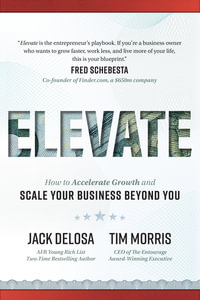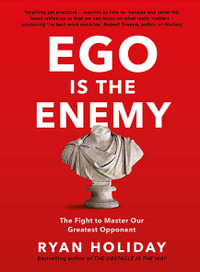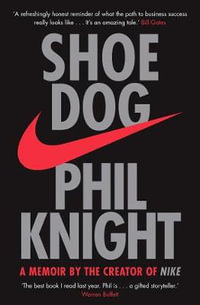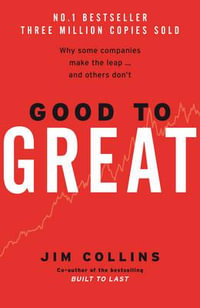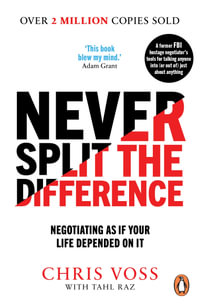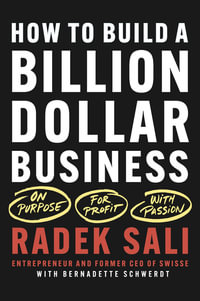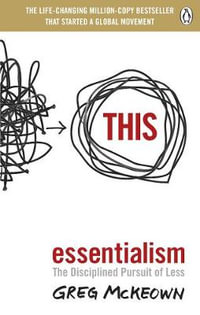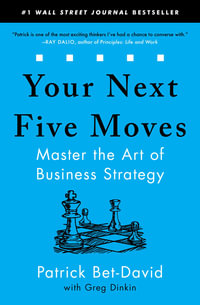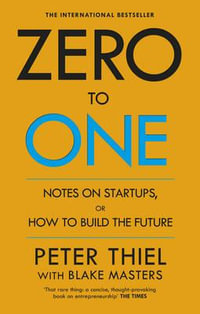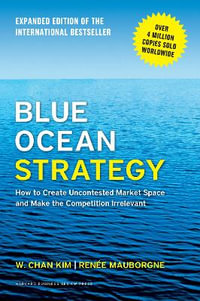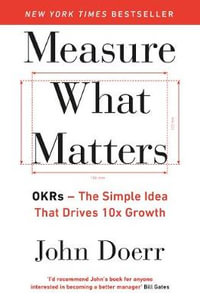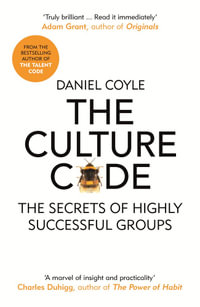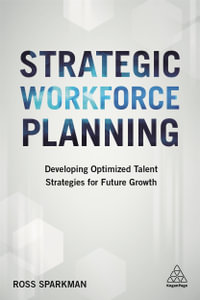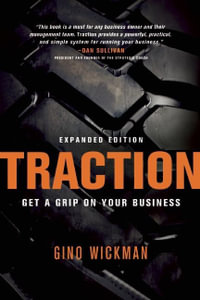Many of us are expected to change our organizations from the inside. There are specialist change roles, with titles referring to organization development, operational excellence, internal consultancy, and the like. Other roles have organizational change at their heart but not necessarily in their title.With economic constraints and strategic uncertainty, there has been a significant rise in expectations that organizational change will be insider-led and supported by internal consultants and change agents. 'Change from Within' reflects its editors' view that most of the theory, the models and advice available, and the accounts of what works in practice are written from the perspective of external consultants working with organizations or by academics researching the activities of those with insider change roles. This book corrects an imbalance by providing an insider perspective.
Based on their experience of running professional development programmes for consultants and change agents and of consulting to and coaching insiders for 20 years, the editors define 'insiders' as employees who lead change efforts within their own organizations and 'psychoanalytically aware' external consultants. These external 'insiders' work closely with organizations and use the dynamics of transference and projection in their relationship with clients to illuminate organizational issues. The challenge is about finding ways to make use of an insider perspective without becoming enmeshed in the client organization's regressive and inertial dynamics. The chapters in this book come from authors who have experience of different kinds of insider relationships with organizations. Some have been so 'inside' that they are employees. Some have felt themselves to be inside and yet called the organization for which they work their client - external consultants whose work depended on developing insightful insider perspectives. All of the authors have substantial experience across a diverse sector and client bases.
Many of them are graduates or have been faculty members of London's renowned Tavistock Institute Advanced Organizational Consultation programme. They are well able, therefore, to illuminate relational issues and dynamics, including the pulls on role and identity that can quickly undermine competence and practice. All their experience leads to the conclusion that understanding the system psycho-dynamics present in an organization is essential.Internal and external consultants, academics, and providers of professional development will find this book provides practical advice, models and concepts to help insiders navigate organizational space more authoritatively, make sense of tricky and unanticipated situations, and work more mindfully to help organizations change.
Industry Reviews
'This impressive work deepens our understanding of this basic, yet insufficiently considered aspect of organizational change, engaging in the change process as an insider. This work is indispensable for managers, consultants, students and others who want to understand the change process while functioning in a role that has a physical or psychological attachment to the organization. Susan Rosina Whittle and Robin C. Stevens have collected readings that cover an array of the psychological pitfalls and psychodynamics that change agents experience. This is a must read for those wanting to look at the process of organizational change, not from the outside, but from the inside.' William Czander, St. Thomas Aquinas College, USA 'Changing Organizations from Within is a great book and is bound to be of interest to all practitioners as well as anyone interested in getting under the skin of many of the challenges in changing organizations. The insights and understandings developed here about the relationship between consulting and leading, as well as the increasing importance of the internal consulting role, are particularly rewarding.' Sarah Kemp, Chief Executive, Trinity College London, UK 'This clear and insightful collection takes us through the key dilemmas in the consulting process from the challenging perspective of the internal consultant or change agent working on the boundary of an organisation. The light touch approach to relational and psychodynamic theories makes the readings widely accessible, will help the consultant to (re-)conceptualize themselves in role, and others to understand the complex processes at play from a different viewpoint. The engaging range of experiences recounted in the book provides a hugely valuable resource.' Camilla Child, The Tavistock Institute, UK


